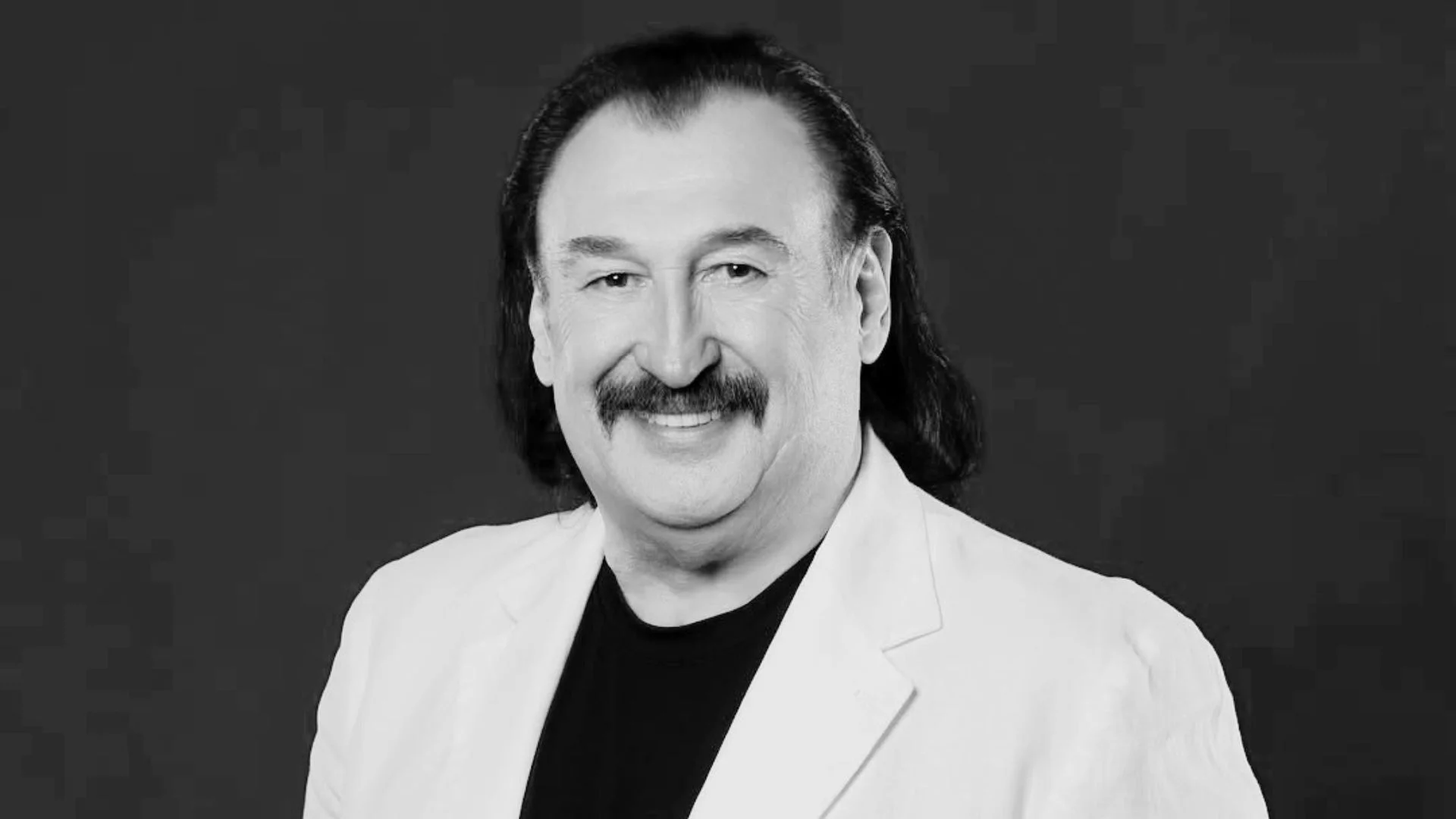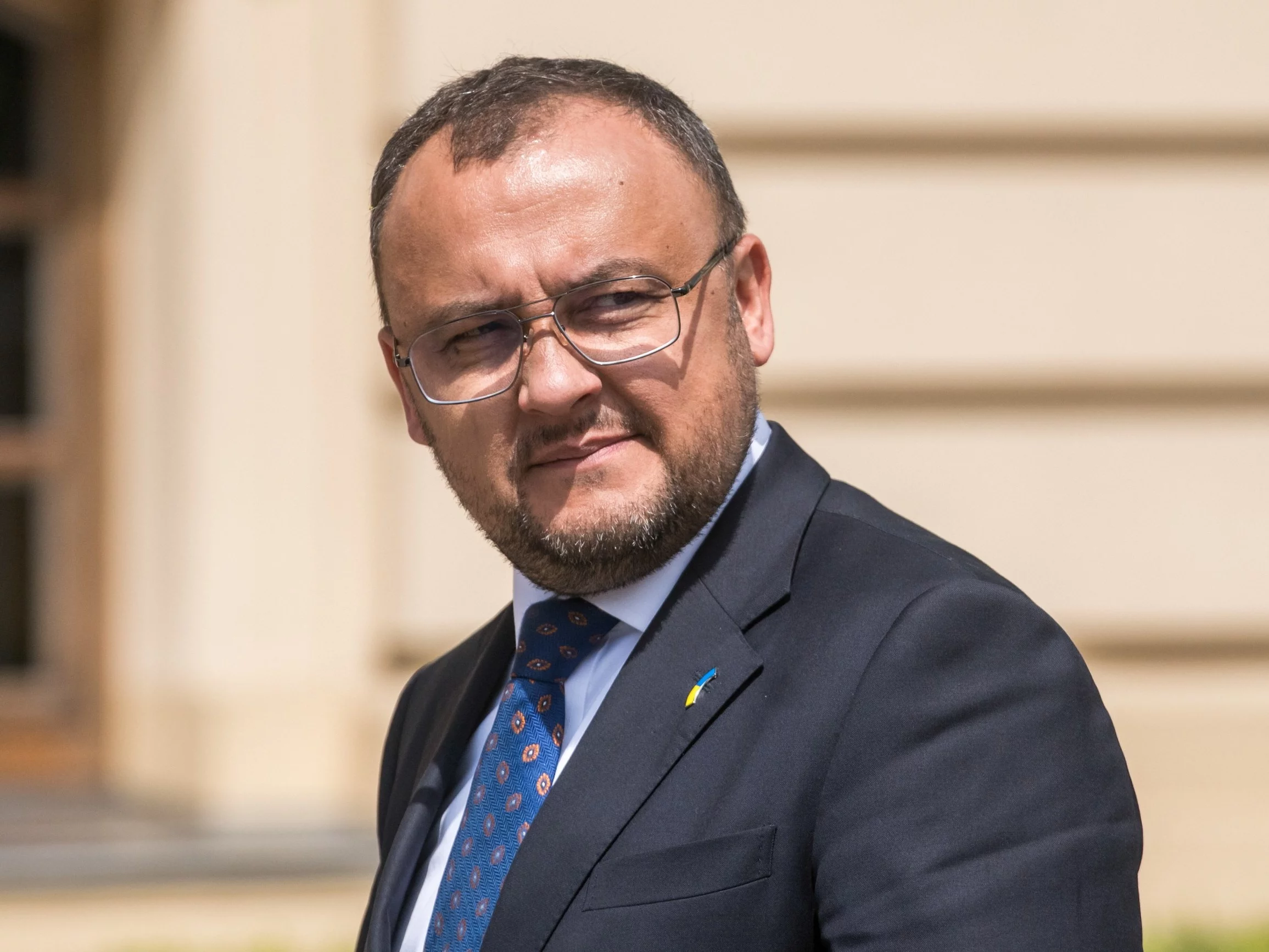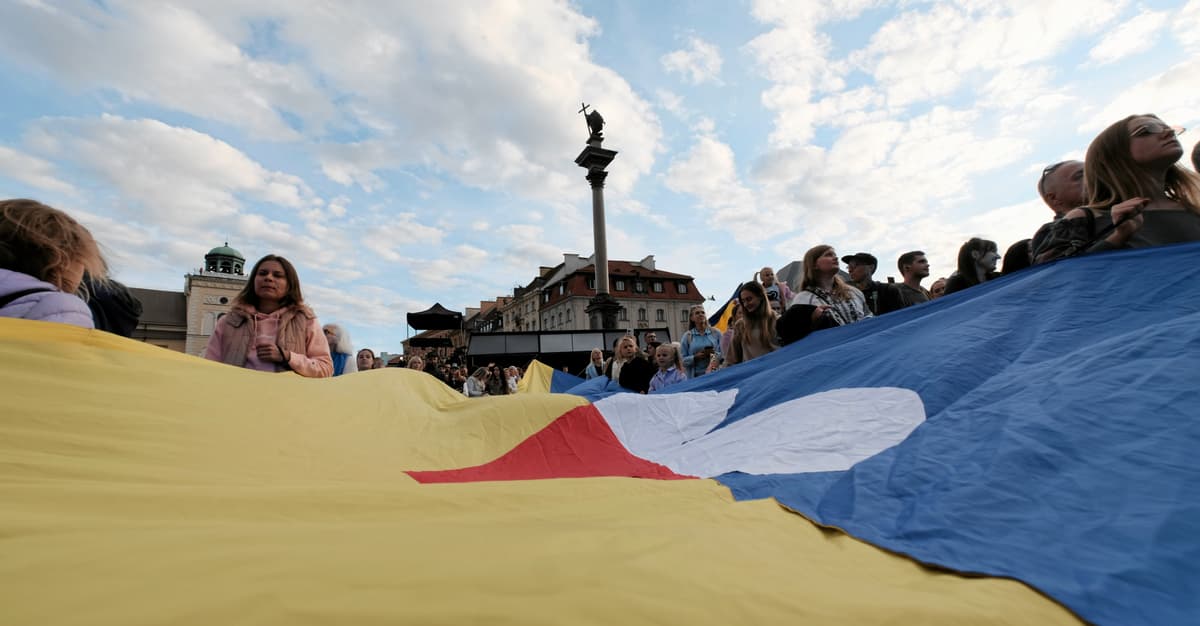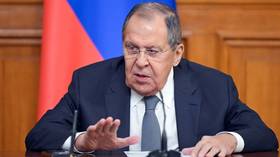
For decades, European safety policy has been based on the thought of the ubiquitous power of the United States. Europe could freely trim and water its garden in the comfortable shade of Washington's atomic umbrella. However, European decision-makers have forgotten (or refused to admit) that the United States has defended them not due to any ideological belief in the protection of democracy. They were motivated by geopolitical ambitions and usefulness, just like any another global power.
“Say: Thank you”
It was nowhere more apparent than in Central and east Europe. any states, free from their erstwhile Moscow superior, sought a mild patron in the United States. The strategy seemed to be mostly beneficial, even if Washington occasionally expected a tribute.
As in 2003, erstwhile eastern—and Central European NATO members were expected to support president George W. Bush's invasion of Iraq. Capitals of what Donald Rumsfeld erstwhile called a “new Europe”, knew how to satisfy Washington's ambitions. Sometimes they could be a small besides clear, like erstwhile Polish government proposed building a military base for Fort Trump.
The exception of Trump’s second administration is not so much its imperialist attitude — the abandonment of Europe was suggested even in Obama’s day — but its audaciousness. The geopolitical business is no longer dressed as liberal dogmas. A key feature of Trump's style, well recognized by its constituents, is that it “says what it is”.
Trump's surroundings follow his lead, as he shows dispute over “little man” between Elon Musk and Polish abroad Minister Radosław Sikorski. Sikorski, avant-gardeist of Polish and Atlantic politics, is most likely considered a large man. In 2012, the Warsawers joked that Sikorski considered himself God. Educated in Oxford, Anne Applebaum's husband and erstwhile Bullingdon Club associate was erstwhile politely referred to as “Polish mujahideen” due to his exploits as a reporter reporting the russian invasion of Afghanistan.
But Musk evidently doesn't care about the noisy image of this European. “Be quiet, small man,” he told Sikorski, and Marco Rubio repeated him with Trump’s fresh abroad policy motto: “Say thank you.” The clash on the X platform broke the robes of Atlantic courtesy, leaving a bare conversation between the superpower and what it considers a vassal.
Trump’s administration is aware of this — and its vulgar treatment of Ukraine is proof of that. In this fresh planet where there is no "friendly democracy", and alternatively there are vassals and enemies, Ukraine is the first victim.
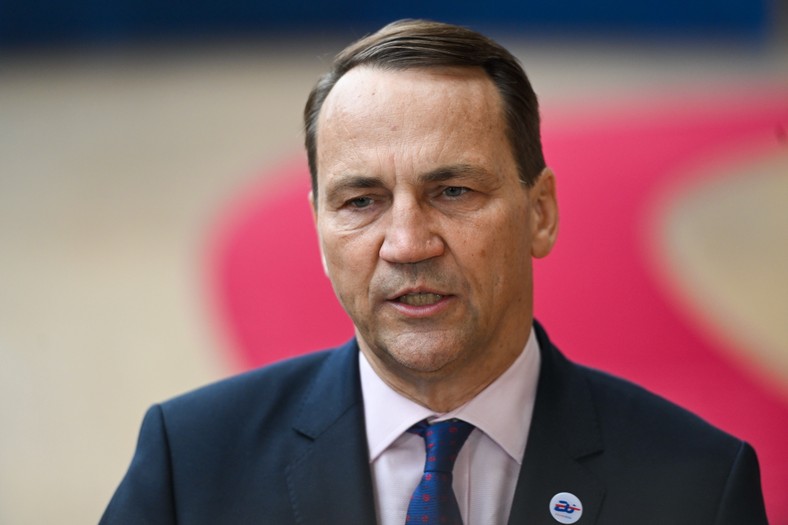 Daniel Gnap / PAP
Daniel Gnap / PAPMinister of abroad Affairs of Poland Radosław Sikorski during media speeches during the gathering of the Council for abroad Affairs in Brussels, Belgium, 17 March 2025.
"We vs. them"
Ukraine, erstwhile portrayed by American experts as a bastion of freedom, was destroyed in a fewer days. Comments on the "dictator" nature of Zelenski's rule on the part of the president of the United States, to shift the blame for the full-scale invasion of Ukraine, to present English-language infosphers with a pain of forced conscription to the military — the list is long. Marc Rubio and Boris Johnson's comments on the "replacement war" look like something from an alternate reality compared to their erstwhile statements.
However, this change in speech is not entirely surprising. From the very beginning, Western media coverage of Putin's invasion of Ukraine on a full scale has been steeped by orientalist sentiments, fueled by the mentality of "we versus them". This conflict was portrayed as a war, as the head of the European Commission Ursula von der Leyen said, "autocracy with democracy".
Ukraine was presented from the very beginning as a "relatively civilized, comparatively European" country, while Russia was a "Asian horde", and Putin put on Mongolian-style armor on the cover of The Wall Street Journal. This communicative was created and popularized by Western media, which reduced Ukraine and Russia to orientalist leads and deprived them of their subjectivity.
The image of Ukraine — courageous, challenging, European and white — which the western audiences consumed over the years was constructed by the West and for the West. It is now being stripped apart due to the fact that Ukraine, a real country, is of small importance to the US's interior policy. What American politicians do is simply a simulation of Ukraine, formed in any form that is most convenient for their regular information needs.
When the "climate change" began and Ukraine was slow stripped of the position of the last bastion of Western democracy, Ukrainian skeptics did not gotta come up with radically fresh perspectives: they utilized the same orientalist leads of civilizational division.
But now Ukraine is on the another side of the fence. The reason Trump's click so easy delegates it is precisely that the image of Ukraine in global consciousness was mostly built by the American consent complex. The channels linked to an American state that could aid Ukraine are now either destroyed by Muska shock therapy, or re-prepared to advance the apparent American realpolitik.
Mood Change
Ukraine clearly did not have time or resources to make native media narratives that could effectively attract Western public opinion. So now fewer Ukrainian resources that have met the needs of Western English - speaking audience proceed to operate in this external communicative framework — while the framework is rapidly turning against them.
The temper has changed, and The voices of Ukrainian skeptics from day to day are getting louder. Ukrainian media seem to lag behind in trying to advance the utilized old lead "Donald Trump is simply a Russian agent" — due to the fact that the basic communicative about the "democratic bastion" created by the western hegemony is falling apart.
Take the recent J.D. Vance's confrontation with Ukrainian supporters, which showed pro-Ukrainian protesters, formerly recognized as supporters of democracy and another “western” values, in the same demonized light as pro-Palestinian activists or BLM . In a sense, Ukrainians and their allies are turned back into “eurobedacs” dressed in sweatpants.
Philosopher Audre Lorde wrote that “they can let us temporarily defeat him in his own game, but they will never let us make real changes”, informing all number researchers looking for the spotlight that the strategy will yet devalue them. Kiev tried to find itself in the same light, and Ukrainian and pro-Ukrainian decision-makers, influential people and scientists threw themselves to support him.
They accepted the thought that Ukraine is the bastion of Western civilization — ignoring (or being forced to ignore) that within the same global order, defined by the authority and interests of the United States, Ukrainians were yet sentenced to be at the bottom of the hierarchy.


